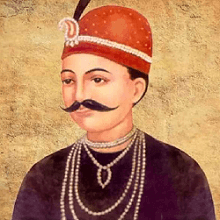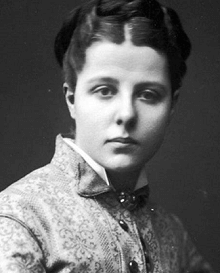Tantia Tope
Prominentwriter · 8 months ago
The next freedom fighter on our list is a brave Indian fighter, Tantia Tope (also written as Tatya Tope). He played a very important role during the struggling days of India for its independence. It was the year 1814 when Tantia Tope was born; the village was Panderpur which is present today in the state of Madhya Pradesh, India. Tantia Tope's father was a wealthy landowner named Pandurang Rao Tope. His mother's name was Rukhma Bai. Tantia Tope was a bright child from childhood who was always eager to learn new skills. Tantia Tope's father was the educator for Tantia Tope as he only received his education from his father. He also learned other skills, like horse riding and warfare, from the local soldiers. It is to be noted that Tantia Tope was a close aide of Rani Lakshmibai. He was one of the key leaders of the Indian Rebellion of 1857. Nana Sahib, an adopted son of Peshwa Baji Rao II, appointed Tantia Tope for the post of general of the rebel army. Tantia Tope fought many battles against the Britishers; his military strategies and leadership skills proved very important in those wars. Britishers captured Gwalior in 1858, and because of that, Tantia Tope and other rebel leaders were forced to retreat. Still, Tantia Tope's fight for the freedom of India did not get stopped, and he also waged guerrilla warfare against the forces of the Britishers. He traveled to many parts of India and fought battles against the Britishers, but unfortunately, he was captured by British forces in 1859. Later, Tantia Tope, who was 45 years old at that time, was sentenced to death, and the execution was held on April 18, 1859. Despite his valiant efforts, Tatya Tope's vision of India as a country free from the British remained a dream for him during his lifetime. But his contributions and efforts will always be remembered whenever someone talks about freedom fighters of India.

